

Articles
How To Store Goat Cheese
Modified: December 7, 2023
Learn the best methods for storing goat cheese in this informative article. Discover tips and tricks to keep your goat cheese fresh and flavorful for longer.
(Many of the links in this article redirect to a specific reviewed product. Your purchase of these products through affiliate links helps to generate commission for Storables.com, at no extra cost. Learn more)
Introduction
Goat cheese, also known as chèvre, is a delicious and versatile dairy product beloved by many. Its creamy texture and tangy flavor make it a popular choice for salads, sandwiches, pastas, and more. Whether you are a goat cheese enthusiast or a newbie looking to explore its wonders, one thing is certain: proper storage is key to maintaining its freshness and flavor.
In this article, we will guide you through the ins and outs of storing goat cheese to ensure its longevity and quality. From understanding the nature of goat cheese to choosing the right storage method, we’ve got you covered. So let’s dive in!
Key Takeaways:
- Proper storage of goat cheese is crucial for maintaining its freshness and flavor. Whether refrigerating, freezing, or storing in oil, following the right methods will extend its shelf life and enhance your culinary experience.
- Understanding the nature of goat cheese, selecting the right storage method, and practicing proper wrapping techniques are essential for preserving its unique characteristics. By following these guidelines, you can savor the flavors of goat cheese for longer periods.
Read more: How To Store Goat Cheese Once Opened
Understanding Goat Cheese
Before delving into the specifics of storing goat cheese, it’s essential to have a basic understanding of what it is and how it differs from other types of cheese.
Goat cheese is made from the milk of goats, hence its name. It has a distinct flavor that can range from mild and creamy to strong and tangy, depending on the age and production methods. The texture of goat cheese can also vary, from soft and spreadable to firm and crumbly.
One of the factors that sets goat cheese apart from cow’s cheese is its composition. Goat’s milk has a higher proportion of medium-chain fatty acids, making goat cheese easier to digest for people who are lactose intolerant or have difficulty digesting cow’s milk. Additionally, goat cheese has a lower content of lactose and cholesterol compared to cow’s cheese.
It’s worth noting that the flavor and texture of goat cheese can change over time. Fresh goat cheese is creamy, tangy, and mild, while aged goat cheese develops a more pronounced flavor and crumbly texture. The aging process can take anywhere from a few days to several months, depending on the desired taste and texture.
Now that we have a better understanding of what goat cheese is, let’s explore the best practices for storing it to maintain its quality and flavor.
Choosing the Right Storage Method
When it comes to preserving the freshness and flavor of goat cheese, selecting the right storage method is crucial. The optimal storage method depends on the type of goat cheese you have and how long you plan to keep it. Here are some considerations to keep in mind:
- Refrigeration: Refrigeration is the most common method of storing goat cheese, especially for fresh and soft varieties. The cool temperature of the refrigerator helps slow down the growth of bacteria and mold, keeping the cheese fresh for a longer period. However, it’s important to note that refrigeration may alter the texture of some aged goat cheeses, making them crumbly.
- Freezing: Freezing can be an option if you want to prolong the shelf life of your goat cheese. However, it’s important to be cautious as freezing can affect the texture and flavor of the cheese. It is generally recommended to freeze goat cheese that will be used for cooking or crumbled onto dishes rather than for eating as is.
- Storing in Oil: For semi-soft and firm goat cheeses, storing them in oil can help preserve their moisture and prevent them from drying out. The oil acts as a protective barrier, keeping the cheese from being exposed to air. This method is particularly useful for marinated goat cheeses or those infused with herbs and spices.
When deciding the storage method for your goat cheese, consider factors such as the type of cheese, its age, and how you plan to use it. Now, let’s explore the specifics of storing goat cheese in different ways.
Storing Goat Cheese in the Refrigerator
Refrigeration is the most common and practical method for storing goat cheese, especially for fresh and soft varieties. Proper storage in the refrigerator will help maintain the cheese’s texture and flavor. Here are some steps to follow:
- Keep it in its original packaging: If the goat cheese came in a packaging such as a carton or a container, it’s best to leave it as is. The packaging is designed to protect the cheese and provide a suitable environment for storage. Seal the packaging tightly after each use to prevent air and moisture from entering.
- Store it in the vegetable compartment: To create the ideal storage conditions, place the goat cheese in the vegetable compartment of your refrigerator. The temperature in this compartment is typically higher and more humid, which helps maintain the cheese’s moisture.
- Separate different cheeses: If you have multiple types of goat cheese, it’s advisable to store them separately to prevent cross-contamination of flavors. You can either use different compartments or wrap each cheese individually in wax paper or plastic wrap.
- Keep away from strong odors: Goat cheese easily absorbs odors, so it’s crucial to store it away from strong-smelling foods or ingredients. Avoid placing it near onions, garlic, or any pungent cheese varieties that may transfer their flavors.
- Check for signs of spoilage: Regularly inspect the goat cheese for any signs of mold, excessive moisture, or off-putting odors. If you notice any of these signs, it’s best to discard the cheese to avoid consumption of spoiled product.
By following these guidelines, you can extend the shelf life of your goat cheese and ensure its quality when you’re ready to enjoy it. However, it’s important to note that refrigeration may cause some aged goat cheeses to become crumbly, so consider this when storing more mature varieties.
Storing Goat Cheese in the Freezer
While refrigeration is the preferred method for storing goat cheese, freezing can be an option if you want to extend its shelf life. However, it’s important to note that freezing can affect the texture and flavor of the cheese. Here’s how you can freeze goat cheese:
- Wrap it tightly: Before freezing, wrap the goat cheese tightly in plastic wrap or aluminum foil. Make sure to remove any excess air to prevent freezer burn.
- Place in an airtight container: Once the cheese is tightly wrapped, place it in an airtight container or a freezer-safe bag. This extra layer of protection will help maintain its freshness and prevent odor absorption.
- Label and date: It’s a good practice to label the container or bag with the type of goat cheese and the date of freezing. This way, you can keep track of how long it has been frozen.
- Store in the freezer: Place the wrapped and labeled goat cheese in the freezer. Make sure the temperature is set to 0°F or below to ensure optimal preservation.
- Thaw before using: When you’re ready to use the frozen goat cheese, transfer it to the refrigerator to thaw slowly. Allow it to thaw completely before consuming or using in recipes.
It’s important to note that freezing may alter the texture of goat cheese, making it crumbly or grainy. Because of this change in texture, frozen goat cheese is best used in cooked dishes rather than eaten as is. Consider using it in recipes like pasta dishes, spreads, or fillings where the texture is less noticeable.
While freezing can extend the shelf life of goat cheese, it’s best to consume it within 3-4 months of freezing for the best taste and quality.
Store goat cheese in the refrigerator in its original packaging or wrapped in wax paper. Place it in the warmest part of the fridge, like the vegetable drawer, to maintain its texture and flavor.
Read more: How To Store Goat Milk
Storing Goat Cheese in Oil
Storing goat cheese in oil is a popular method for preserving its moisture and enhancing its flavor. This method is especially suitable for semi-soft and firm goat cheeses. Here’s how you can store goat cheese in oil:
- Choose a high-quality oil: Select a high-quality oil with a neutral flavor, such as extra virgin olive oil. The oil will act as a protective barrier, preventing air from reaching the cheese and preserving its moisture.
- Cut the cheese into portions: Cut the goat cheese into smaller portions or slices, depending on your preference. This will allow for easier serving and portion control.
- Place the cheese in a jar: Take a clean, airtight jar and place the goat cheese inside. Arrange the cheese pieces in a single layer to prevent sticking together.
- Fill the jar with oil: Pour the oil into the jar, making sure to completely cover the cheese. The oil will create a seal and prevent air from reaching the cheese.
- Seal the jar tightly: Secure the lid of the jar tightly to prevent any leakage or air exposure. Store the jar in a cool, dark place away from direct sunlight.
- Refrigerate after opening: Once you’ve opened the jar to use the goat cheese, it’s important to refrigerate it between uses. This will help maintain its freshness and quality.
When storing goat cheese in oil, it’s important to note that the cheese can absorb flavors from herbs, spices, or other aromatics added to the oil. If desired, you can infuse the oil with herbs like rosemary, thyme, or garlic to enhance the flavor of the cheese.
Remember to check the quality of the cheese and oil regularly. If any signs of spoilage or rancidity appear, it’s best to discard the cheese to avoid consuming spoiled product.
Storing goat cheese in oil is not only a practical way to preserve its freshness but also adds a touch of elegance to your cheese platter or culinary creations. Enjoy the rich and flavorful experience!
Properly Wrapping Goat Cheese
Properly wrapping goat cheese is essential to maintain its freshness, prevent drying out, and avoid cross-contamination with other flavors in your refrigerator. Here are some tips on how to wrap goat cheese effectively:
- Use wax paper or parchment paper: Start by cutting a piece of wax paper or parchment paper large enough to wrap the entire piece of goat cheese. These paper options allow the cheese to breathe, preserving its flavor and preventing excessive moisture.
- Wrap it tightly: Place the goat cheese in the center of the wax paper or parchment paper and fold the sides over the cheese. Wrap it as tightly as possible without squishing the cheese.
- Secure with plastic wrap: To provide additional protection and prevent air exposure, wrap the wrapped cheese with plastic wrap. This will further seal in the moisture and maintain the cheese’s freshness.
- Label and date: It’s a good idea to label the wrapped cheese with the type of goat cheese and the date of purchase or storage. This will help you keep track of its freshness and prevent any confusion later on.
- Store separately: If you have multiple goat cheeses, it’s best to wrap and store them separately to prevent cross-contamination of flavors. This ensures that each cheese retains its distinct characteristics.
- Place in an airtight container: To provide an extra layer of protection, you can place the wrapped goat cheese in an airtight container or a resealable plastic bag. This adds an additional barrier against moisture and helps maintain the cheese’s quality.
Remember to store the wrapped goat cheese in the refrigerator in the dedicated cheese or vegetable compartment. These compartments usually provide slightly higher humidity, ideal for preserving the cheese’s moisture and preventing it from drying out.
Properly wrapped goat cheese can last for several weeks in the refrigerator, ensuring it remains fresh and delicious for your enjoyment.
Tips for Extending the Shelf Life of Goat Cheese
While goat cheese is known for its delicious flavor and creamy texture, it is important to properly store it to extend its shelf life. Here are some tips to help you maximize the freshness and longevity of your goat cheese:
- Buy the right amount: Purchase only the amount of goat cheese that you can realistically consume within a reasonable time frame. This will minimize the need for long-term storage and reduce the risk of the cheese going bad.
- Store in optimal conditions: Whether you choose to refrigerate or freeze your goat cheese, it is crucial to store it in the appropriate conditions. Keep it in a cool and dark place with low humidity to maintain its quality.
- Use clean utensils: When handling goat cheese, always use clean utensils to prevent the introduction of bacteria. Avoid touching the cheese with your hands as much as possible to minimize contamination.
- Keep the cheese sealed: After each use, ensure the goat cheese is tightly sealed in its original packaging or re-sealable container. This will prevent air from entering and inhibit the growth of mold or bacteria.
- Avoid exposure to air: Air is the enemy of goat cheese freshness. Wrap and seal the cheese tightly to minimize air contact, as exposure can cause the cheese to dry out and lose its flavor.
- Practice good hygiene: When handling goat cheese, always ensure your hands are clean to prevent the spread of bacteria. Wash your hands thoroughly before touching the cheese to maintain its integrity.
- Use different knives: If you have multiple goat cheeses, use separate knives for each type to avoid cross-contamination of flavors. This will help preserve the distinct taste of each cheese.
- Keep cheese separate: When storing goat cheese in the refrigerator or freezer, keep it separate from other pungent foods with strong odors. This will prevent the cheese from absorbing unwanted flavors.
- Regularly inspect and discard: Periodically check your goat cheese for any signs of mold, unpleasant odors, or changes in texture. If you notice any indications of spoilage, it is best to discard the cheese to avoid consuming it.
By following these tips, you can extend the shelf life of your goat cheese and enjoy it at its best for a longer period. Remember, proper storage practices not only maintain the quality of the cheese, but also ensure its safety for consumption.
Frequently Asked Questions
1. Can I freeze goat cheese?
Yes, you can freeze goat cheese to extend its shelf life. However, it’s important to note that freezing can alter the texture and flavor of the cheese. Frozen goat cheese is best used in cooked dishes rather than consumed as is.
2. How long does goat cheese last in the refrigerator?
The shelf life of goat cheese in the refrigerator varies depending on the type and freshness of the cheese. Generally, fresh goat cheese can last for about 1 to 2 weeks, while aged goat cheese can last for several months. Make sure to check for any signs of spoilage before consuming.
3. Should I store goat cheese in oil?
Storing goat cheese in oil can help preserve its moisture and enhance its flavor, especially for semi-soft and firm varieties. However, it’s important to note that the cheese can absorb flavors from the oil and any added herbs or spices.
4. Can I eat goat cheese if I am lactose intolerant?
Many people who are lactose intolerant find that goat cheese is easier to digest compared to cow’s cheese. Goat’s milk has a lower lactose content, making it a more suitable option for individuals with lactose intolerance. However, it’s essential to listen to your body and determine your own tolerance level.
5. Can I store different types of goat cheese together?
It is generally recommended to store different types of goat cheese separately to prevent cross-contamination of flavors. Each type of cheese has its own distinct characteristics, and storing them separately helps maintain their unique flavors.
6. How can I tell if goat cheese has spoiled?
Signs of spoiled goat cheese include mold growth, excessive moisture, off-putting odors, or a significant change in texture. If you notice any of these signs, it is best to discard the cheese to avoid consuming spoiled product.
7. Can I use goat cheese that has been frozen in recipes?
Yes, frozen goat cheese can still be used in recipes such as pasta dishes, spreads, or fillings. The texture may change after freezing, making it less suitable for eating as is, but it can add flavor and creaminess to cooked dishes.
Remember to always trust your senses and inspect the goat cheese before consuming. If you have any doubts about its safety or quality, it’s best to err on the side of caution and discard the cheese.
Read more: How To Store Goats Milk
Conclusion
Proper storage of goat cheese is essential for maintaining its freshness, flavor, and quality. Whether you choose to refrigerate, freeze, or store it in oil, following the correct methods will help extend its shelf life and ensure an enjoyable culinary experience.
Understanding the nature of goat cheese, selecting the right storage method, and practicing proper wrapping techniques are key to preserving its unique characteristics. Refrigeration is the preferred method for storing goat cheese, while freezing can be an option for long-term storage. Storing goat cheese in oil adds an extra layer of flavor and moisture retention.
Remember to always handle goat cheese with clean hands and utensils, and separate different types to prevent cross-contamination. Regularly inspect the cheese for any signs of spoilage, and discard it if needed. By following these guidelines, you’ll be able to savor the flavors of goat cheese for longer periods.
Whether you’re a goat cheese lover or new to its delights, proper storage will ensure that each bite is a delight. So go ahead, indulge in the creamy, tangy goodness of goat cheese, knowing that you’ve mastered the art of storing it for maximum enjoyment.
Frequently Asked Questions about How To Store Goat Cheese
Was this page helpful?
At Storables.com, we guarantee accurate and reliable information. Our content, validated by Expert Board Contributors, is crafted following stringent Editorial Policies. We're committed to providing you with well-researched, expert-backed insights for all your informational needs.
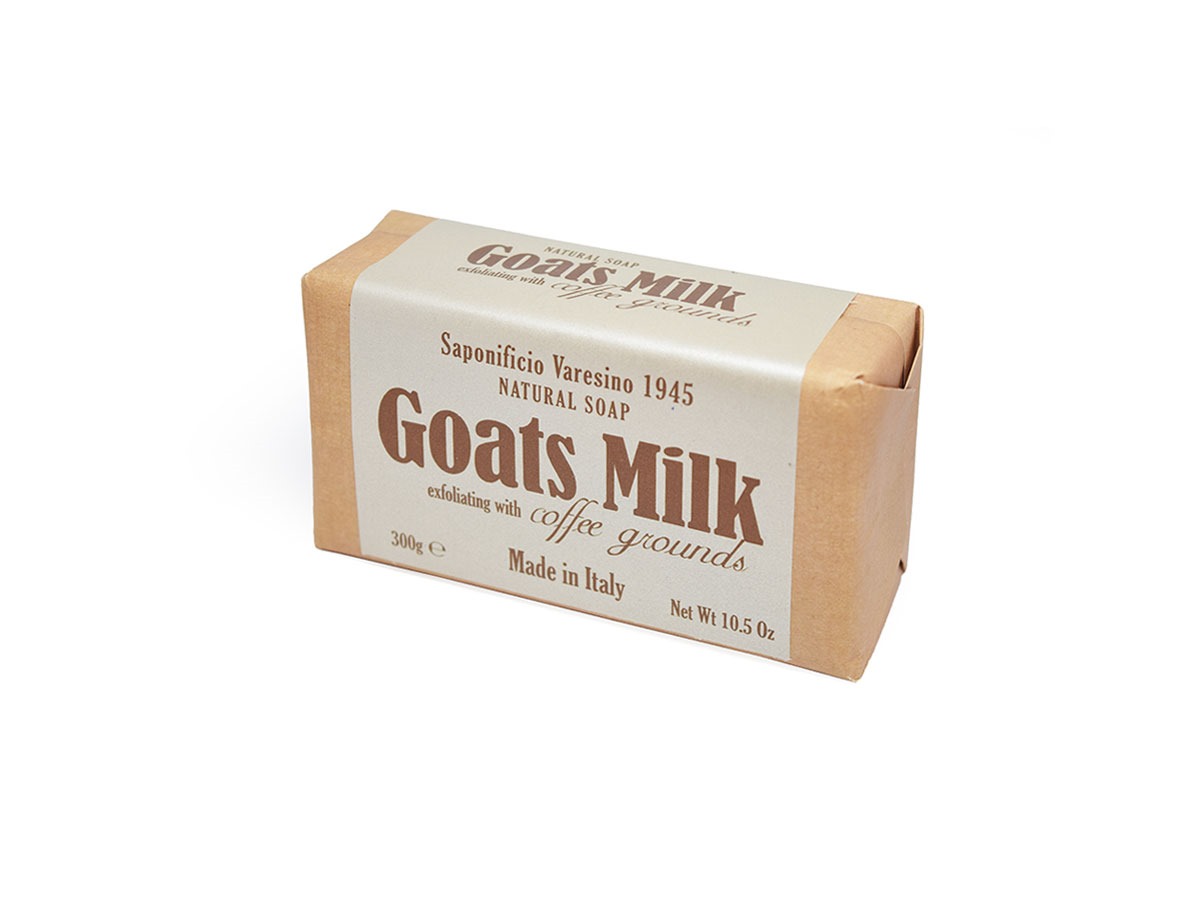
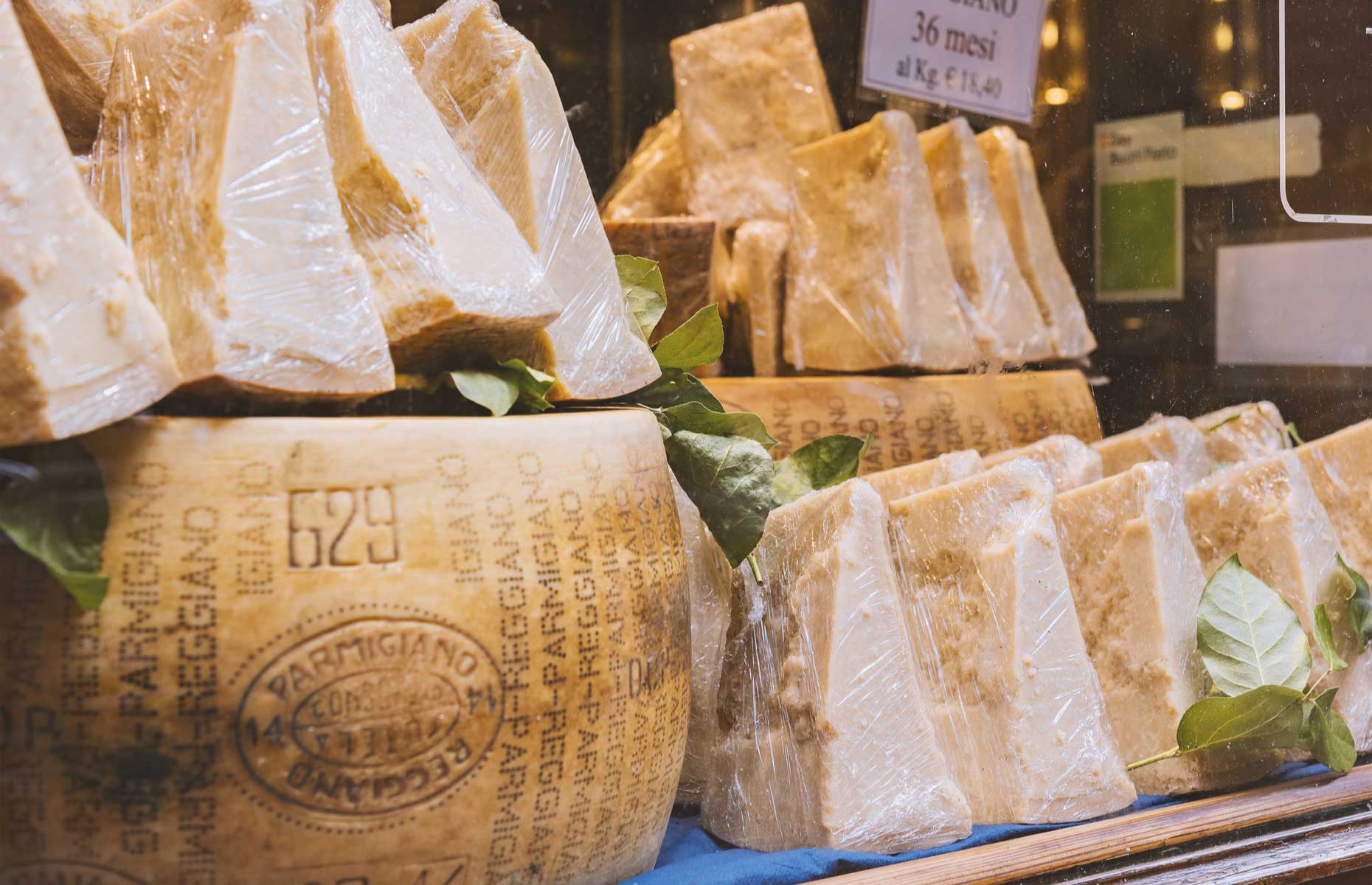


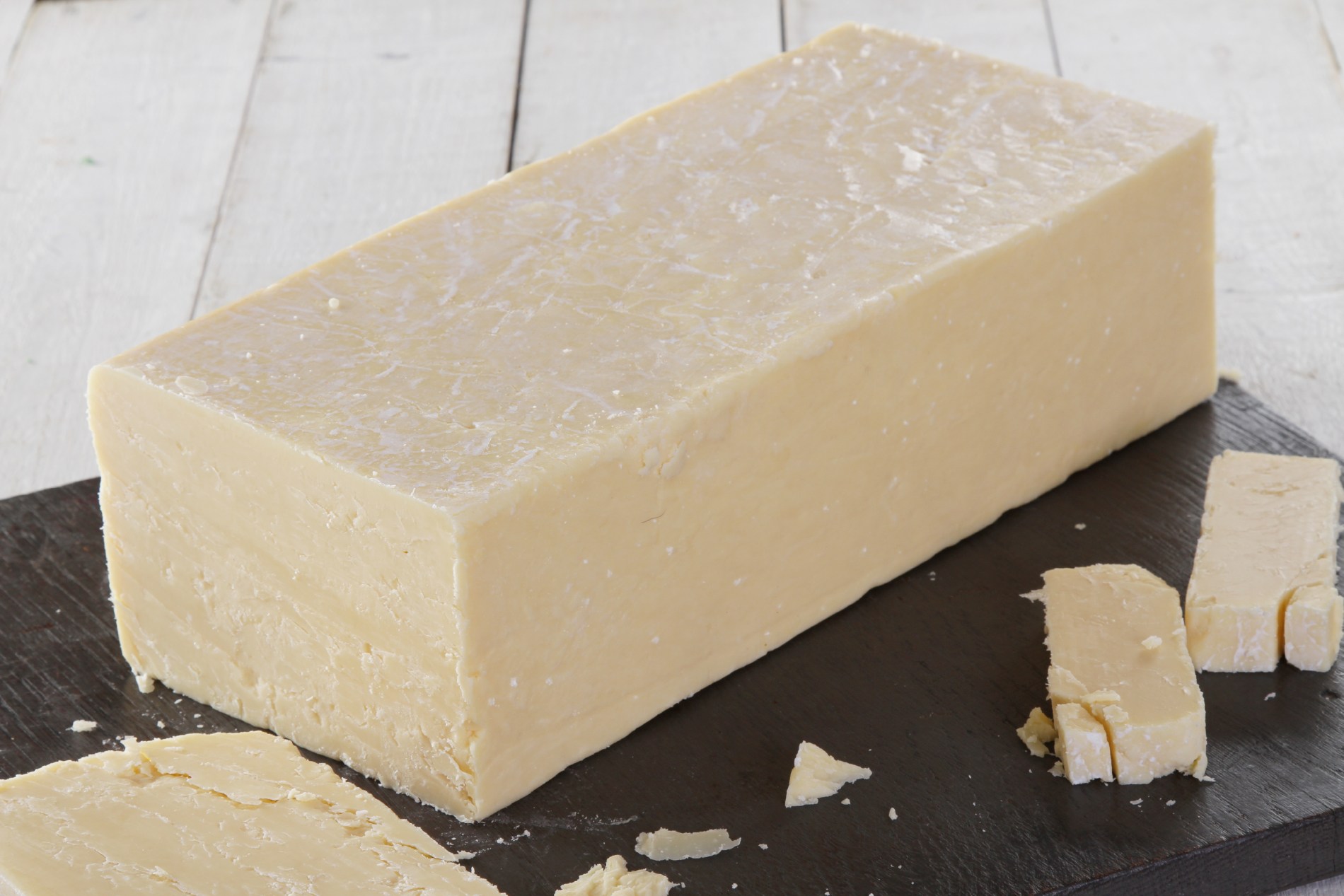
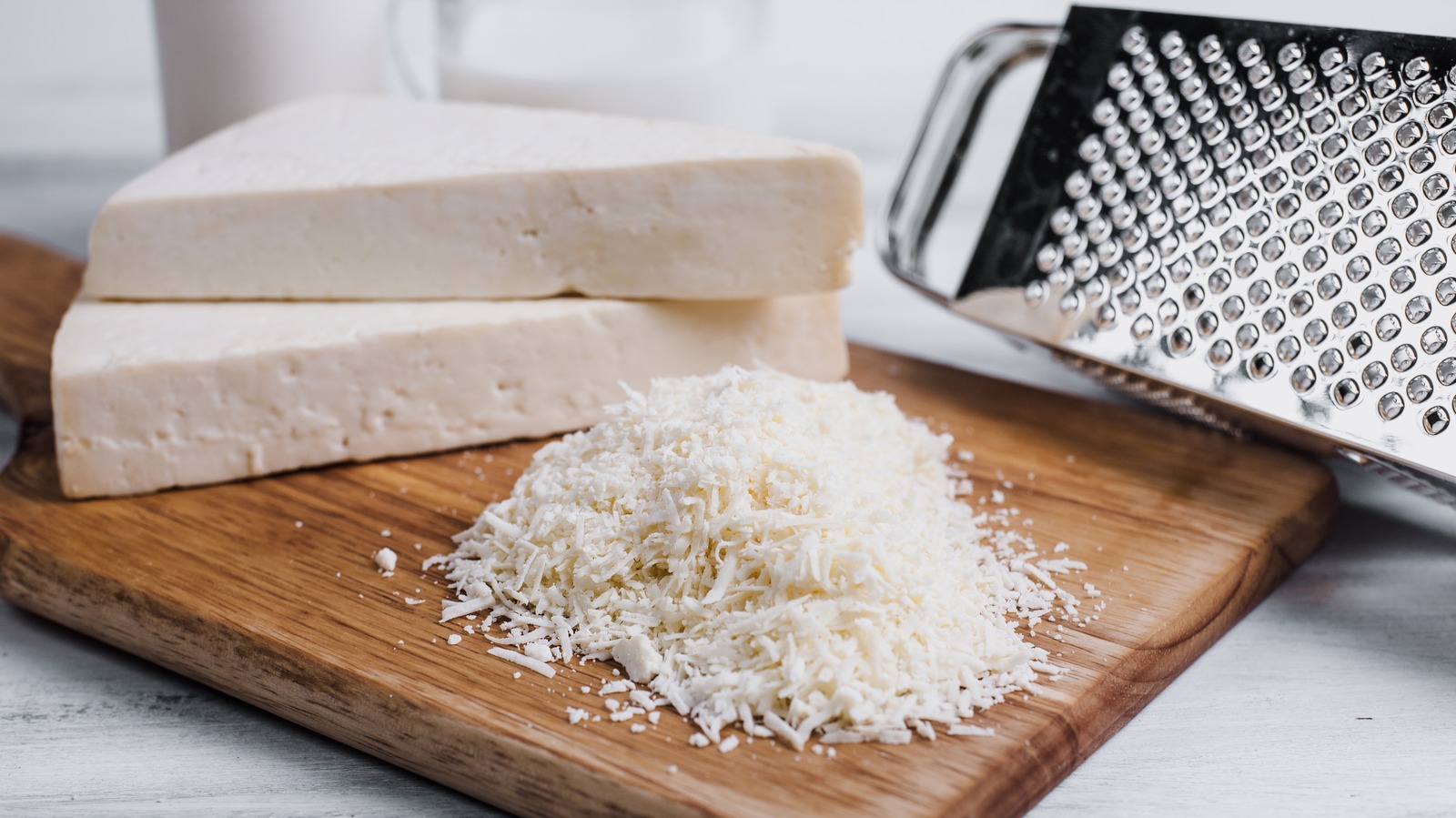



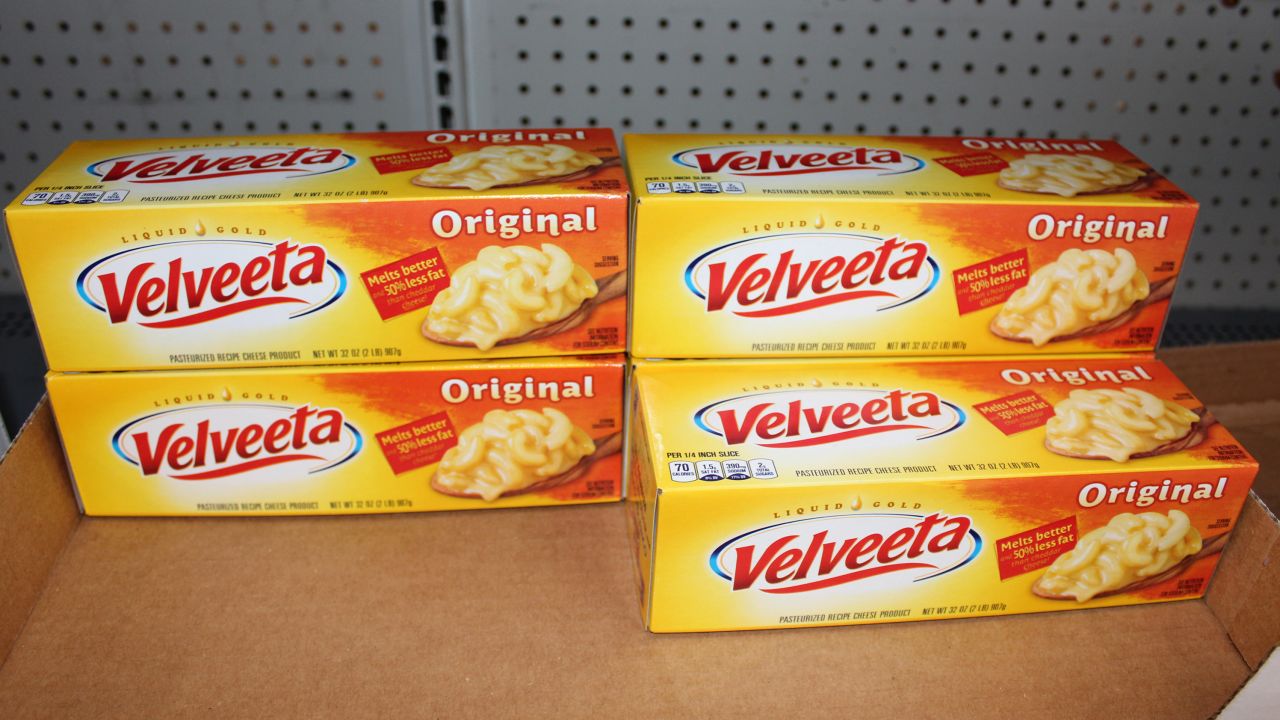
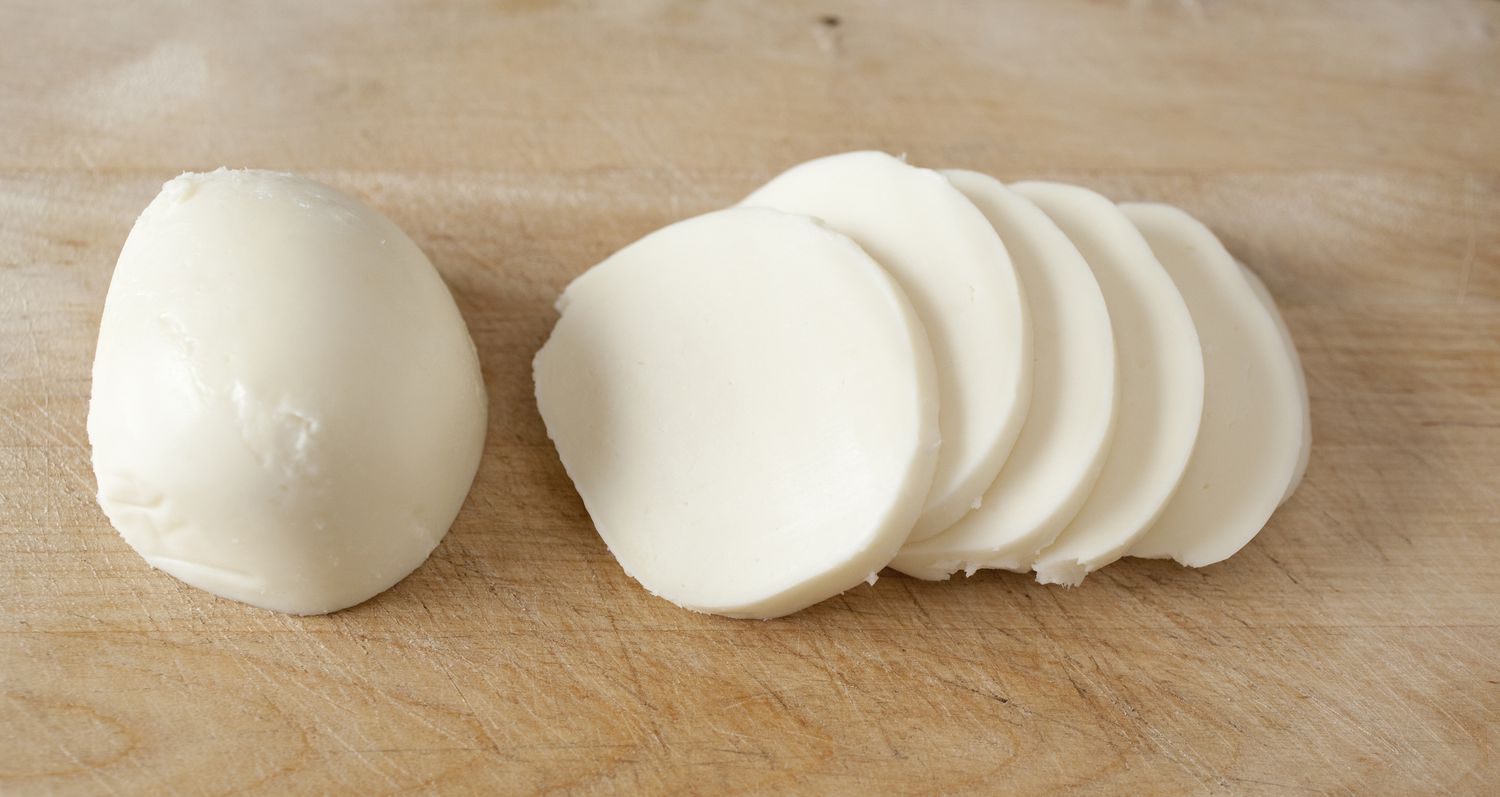



0 thoughts on “How To Store Goat Cheese”